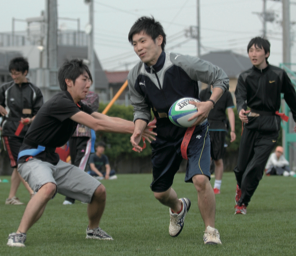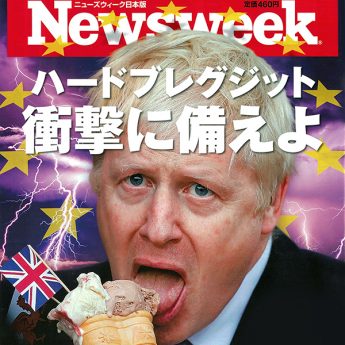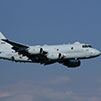Japan Wants FTAs with EU, China and ROK
Tokyo will redouble its efforts to sign free-trade agreements (FTAs) with the EU, China and South Korea in order to prevent a hollowing out of its industrial base, according to an interim report on post-quake revisions to the government’s new growth strategy, the Nikkei reported on 3 August.
The report calls for Japan to quickly kick off FTA talks with the three economies. For wider-ranging economic partnership agreements, which also cover the movement of people, it mapped out plans to pursue negotiations with Australia.
To maintain industrial vitality, Japan urgently needs to expand its exports by cutting tariffs, the paper says. Central to achieving this goal is the pursuit of FTAs with other countries.
New Approach to Quantum Computing
Groundbreaking research led by UK and Japanese scientists has demonstrated a fundamental building block for quantum computing, the London Press Service reported on 11 August.
The international research group was led by scientists from the universities of Bristol, Osaka and Hokkaido.
The new approach made discoveries that could soon be employed in a range of quantum technologies and used to perform complex calculations that cannot be done by today’s computers.
Professor Jeremy O’Brien, director of Bristol University’s Centre for Quantum Photonics, and his Japanese colleagues have demonstrated a quantum logic gate acting on four photons (particles of light).
The researchers believe their device could provide important routes to new quantum technologies, including secure communications, precision measurement and, ultimately, a quantum computer—a powerful type of computer that uses quantum bits (qubits), rather than the conventional bits used in today’s computers.
Woman Hurt, Robbed in Riot
A Japanese woman was attacked in the UK riots, according to an 11 August report in the Asahi Shimbun. The Embassy of Japan in the UK said the victim, in her 30s, fell and suffered a slight head wound, before being robbed of personal belongings in Silvertown, east London.
Supermarket to Sell Stores
Tesco will sell its 129 small supermarkets in the greater Tokyo region to better focus on its operations in other parts of Asia, reported the Mainichi Shimbun on 31 August. “We have reviewed our portfolio in Asia and the performance of our business in Japan. Having made considerable efforts in Japan, we have concluded that we cannot build a sufficiently scalable business”, said Tesco Chief Executive Philip Clarke.
Japan is the smallest of the firm’s retail businesses and half of its Tsurakame, Tesco and Tesco Express stores were profitable.
Tag Rugby Helps Train Recruits
Japanese firms are introducing tag rugby in their new-recruit training programmes, so as to build teamwork and bring out individual employees’ strengths, the Asahi Shimbun reported on 30 July.
Tag rugby, which began in England, spread to Japan in the late 1990s. Players wear Velcro- attached tags on both sides of their hips. When an opponent snatches one of the tags, the player must release the ball.
Because tag rugby is a noncontact sport, it is enjoyed by players of all ages, both men and women.
Ricoh Co.—which created its first rugby team in 1953 and whose powerhouse corporate team is now in the top league—added tag rugby to its new-recruit training programme last year. Former Japan representative forward Hiroyuki Tanuma, a senior Ricoh employee, is the instructor.
During training, Tanuma advises new recruits, “When you play rugby, you have to move forward, but you can only pass the ball back. You can’t do this without the courage to take on
new challenges”.
Employee training programmes incorporating tag rugby began taking root in Japan in 2007. Former Japan national team coach Yuzo Murata came up with the idea and offered advice on how to incorporate the sport in company programmes, because he wanted to “train company employees through rugby”.
Over the past five years, Murata has led about 100 training sessions at firms including NEC Corp. and Yamaha Motor Co.
Murata emphasises the sport’s value to firms at a time when the recession is forcing many firms to withdraw from corporate sports teams.
Ricoh has announced it plans to cut its entire payroll by about 10% by the end of fiscal 2013. The cuts have led some within Ricoh to question the continued existence of the rugby team, which has little PR value, yet costs several hundred million yen to maintain.
Tanuma hopes to counter that trend. “Rugby is not as well-known as we would like. It’s important to appeal to our own employees through our activities and help rugby take stronger root”, he said.







